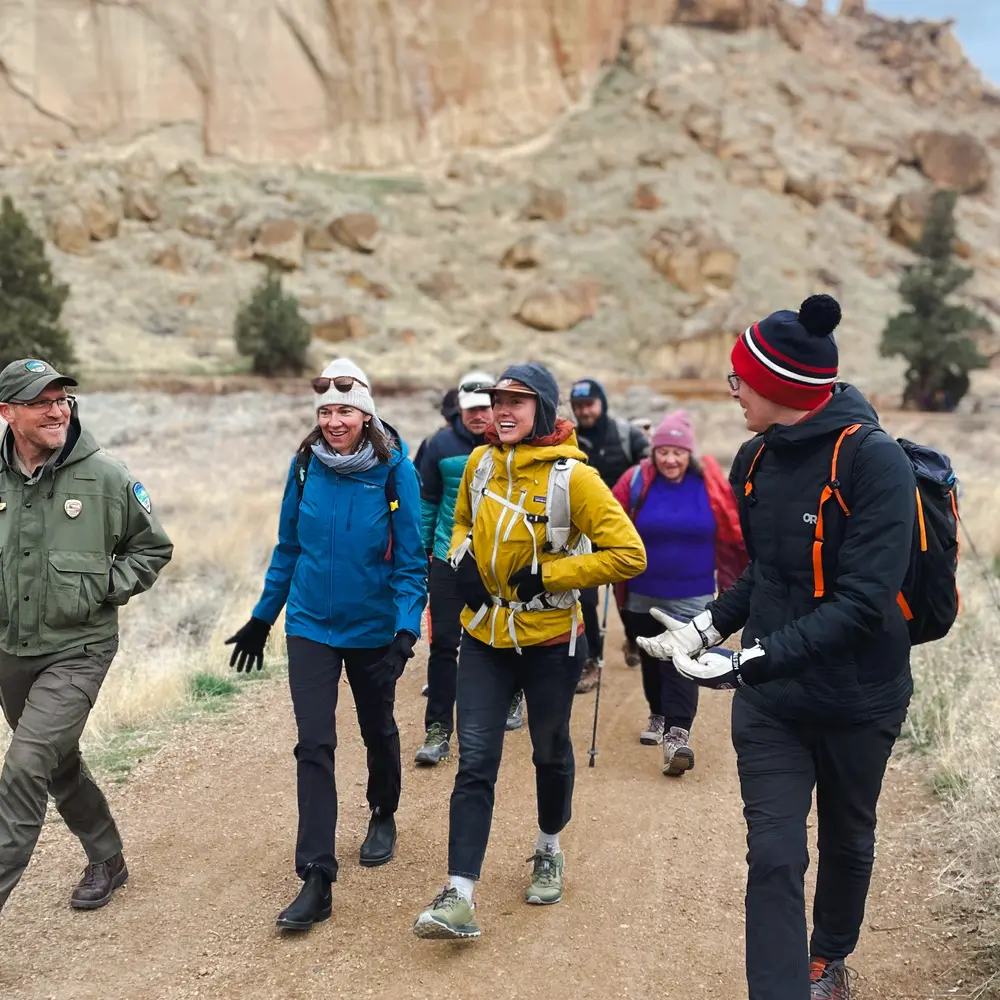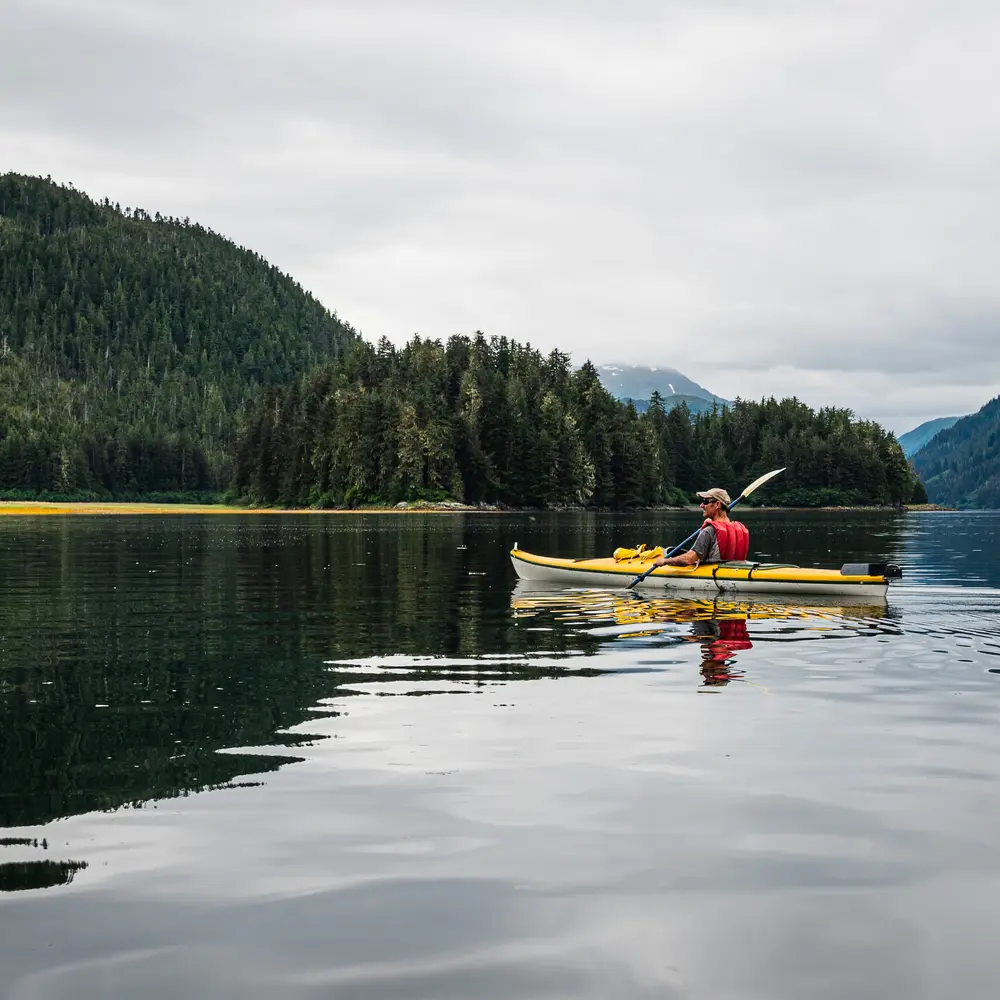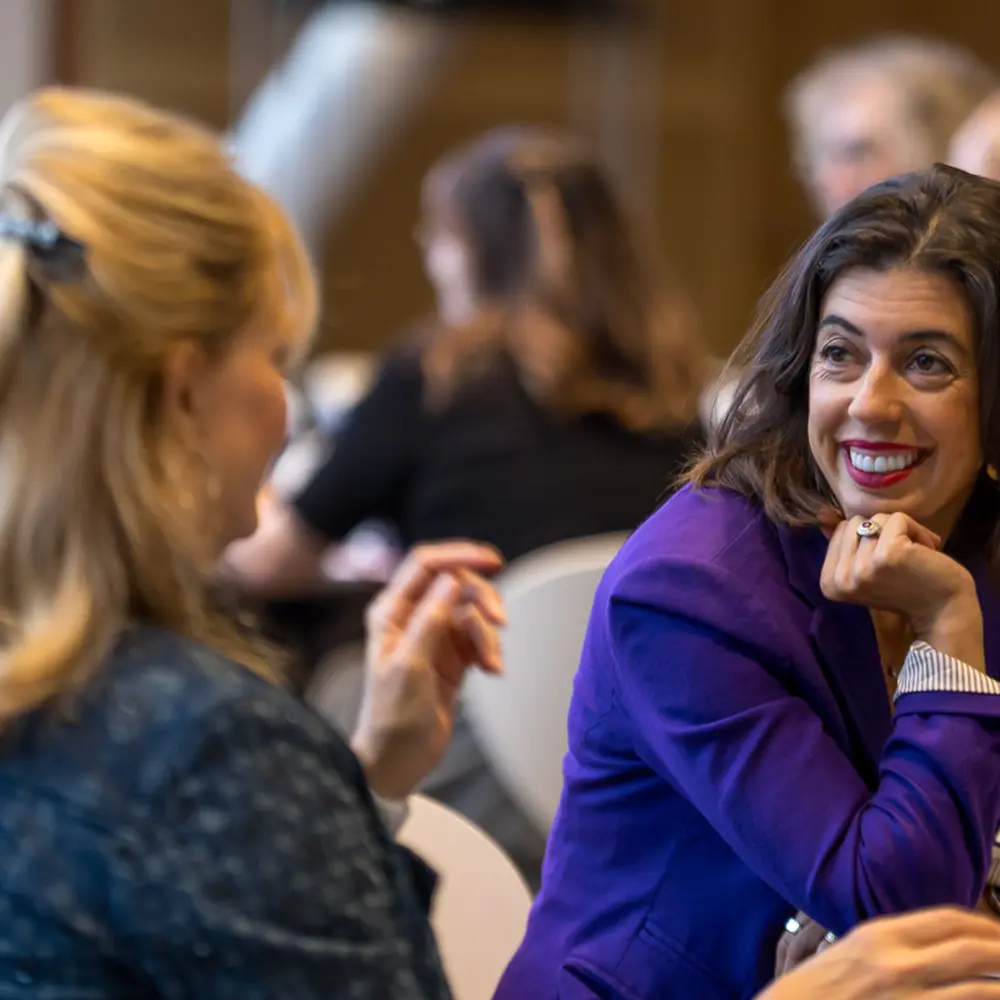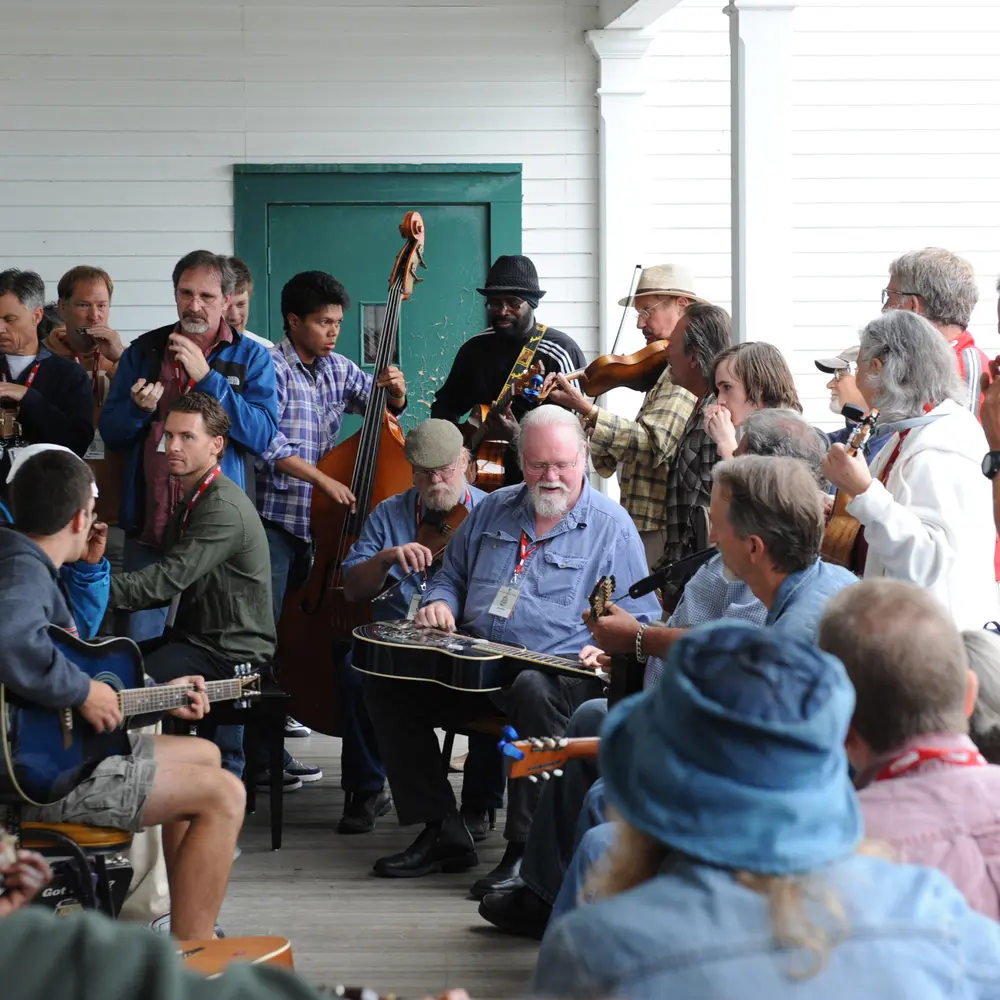One of Jack Murdock’s passions was exploring and celebrating the natural beauty of the Pacific Northwest. He loved to get out and enjoy nature and believed strongly in taking steps to preserve the ecosystem of the Pacific Northwest for generations to come.
Allowing people to explore environmental issues and learn ways to solve environmental problems while interacting with nature empowers youth and adults to become more involved citizens and reap the many benefits of spending time outdoors. Nature education takes many forms—outdoor school and classes for youth, farming, national park preservation and building up future STEM and environmental leaders—and several nonprofits in the Pacific Northwest are taking unique approaches to educating their communities about the environment.
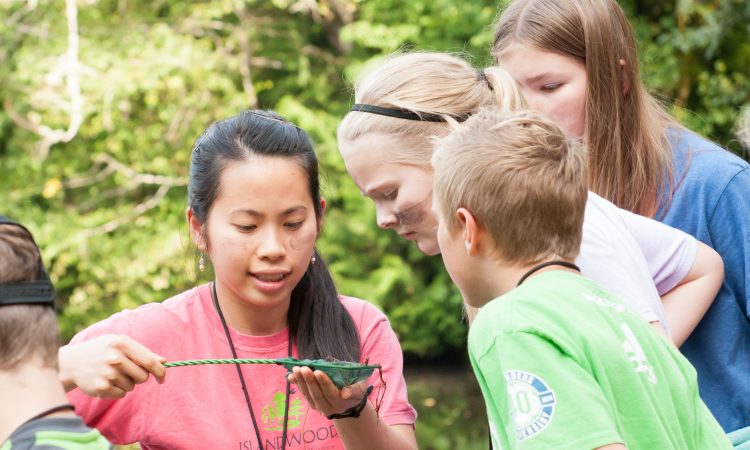
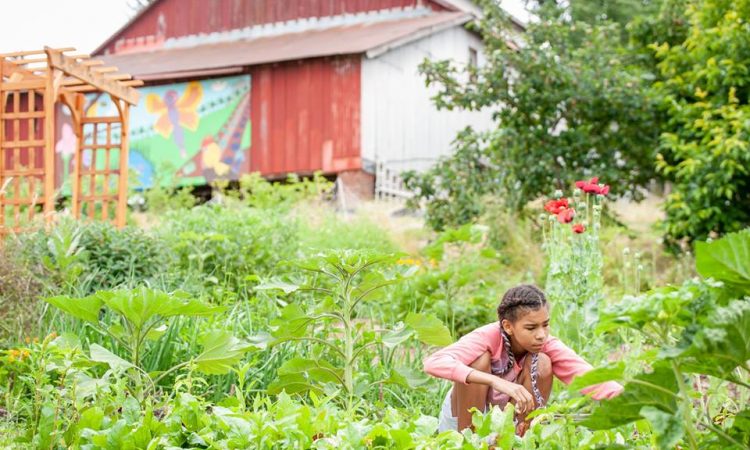
Zenger Farms 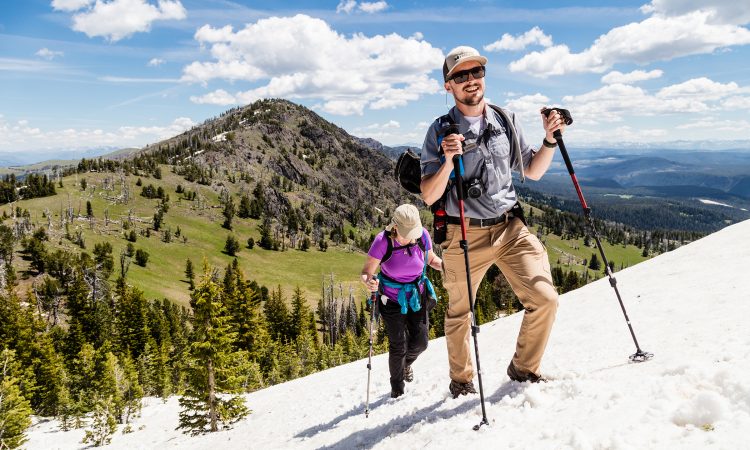
Yellowstone Forever | Photo by NPS / Jacob W. Frank 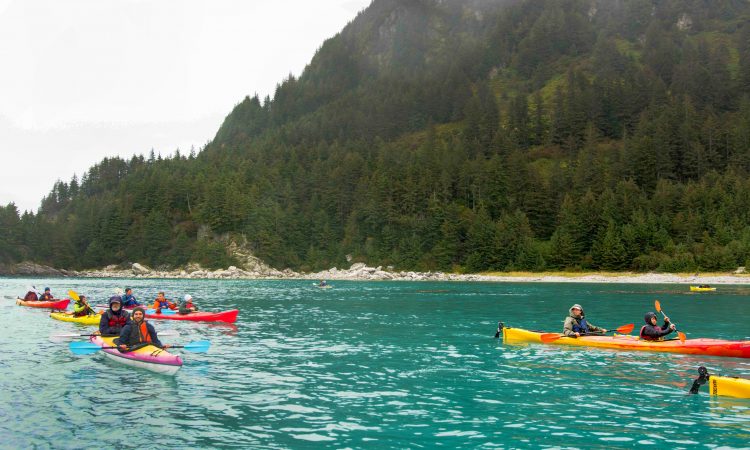
Inian Islands Institute
In addition to helping build an understanding as to why it is critical that we invest in supporting our local ecosystem and natural environment, learning outside provides a variety of benefits to children and youth, including enhancing problem solving and creativity, improving academics and reducing anxiety. In an effort to address the lack of support for environmental education in public schools and to inspire lifelong environmental stewardship through programs for students, IslandWood established a 255-acre outdoor learning center on Bainbridge Island in Washington. Its learning programs combine outdoor education in a natural environment with laboratory education. Students in turn experience more relevant learning and reap all of the benefits of being outdoors.
Teaching children where good, healthy food comes from, how it grows and the importance of eating it every day is another facet of education in a natural setting. Located in outer East Portland in a high-poverty neighborhood, Zenger Farm boasts a 10-acre wetland and 6-acre organic farm where hands-on learning happens for children and youth. At Zenger, kids are taught sustainable agriculture, wetland ecology, community food security, local economic development and healthy eating. Zenger focuses on reaching kids from low-income and diverse backgrounds, including a partnership with Immigrant and Refugee Community Organization (IRCO), another Trust grantee.
Educational engagement in a natural site is important to building lifelong conservationists, which in turn helps preserve the natural site for years to come. Yellowstone Forever, located in Yellowstone National Park in Montana, introduces thousands of students to the park’s natural wonders through the Yellowstone Forever Institute, with educational programs that range from one day to three weeks long. Through these immersive programs, students learn about wildlife, geothermal areas, history and wilderness, all the while developing a love for the natural environment and instilling the value of conservation.
According to the Inian Islands Institute in southeast Alaska, “the rapidly growing scale of the human enterprise deeply threatens the natural systems that support human life and the global economy.” The way the Institute addresses this problem is by educating next-generation STEM leaders to seek sustainable solutions to the global challenges we face. Southeast Alaska contains the tallest coastal mountains, the largest stronghold of old-growth temperate rainforest, the largest non-polar ice cap and one of the greatest remaining salmon runs, all surrounding the Inian Islands. The Institute offers hands-on, experiential courses using field-based scientific curriculum in the largest contiguous expanse of protected wilderness land left on the planet, which gives STEM leaders the ideal classroom to prepare to address environmental issues for future generations.
We are fortunate to live among the splendor of our beautiful region, and we are equally grateful to partner with environmental education organizations who are teaching youth and adults in innovative ways to interact with and care for the Pacific Northwest and, in turn, our planet. Our generation and future generations will experience the ripple effects of the important work of these nonprofits and others in our region for decades to come.
The post Grant Stories: Nature Education appeared first on M. J. Murdock Charitable Trust.

